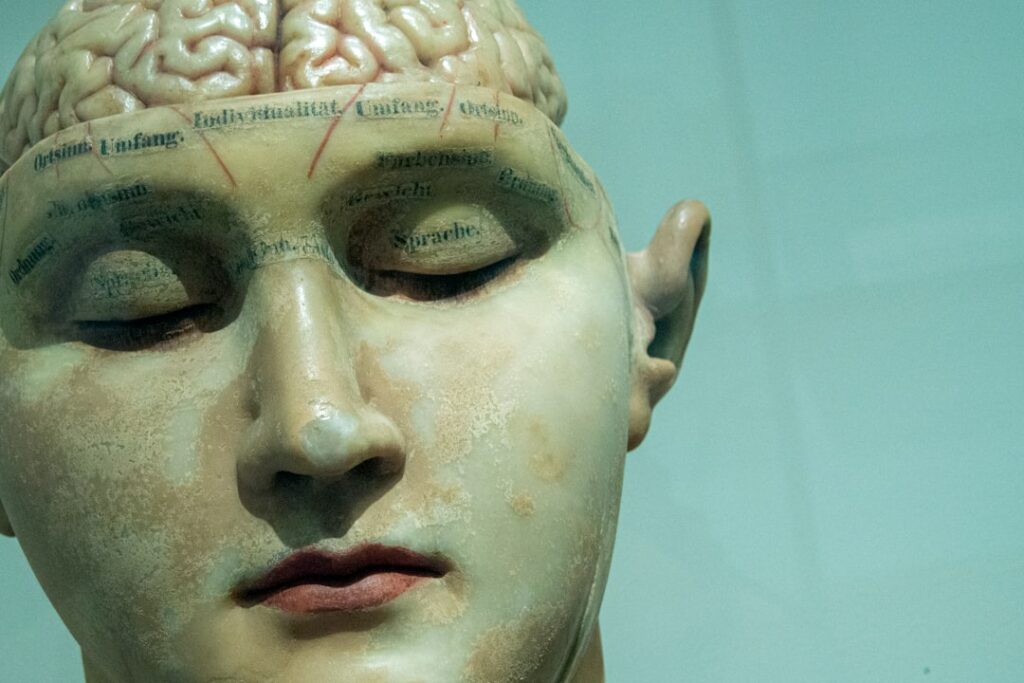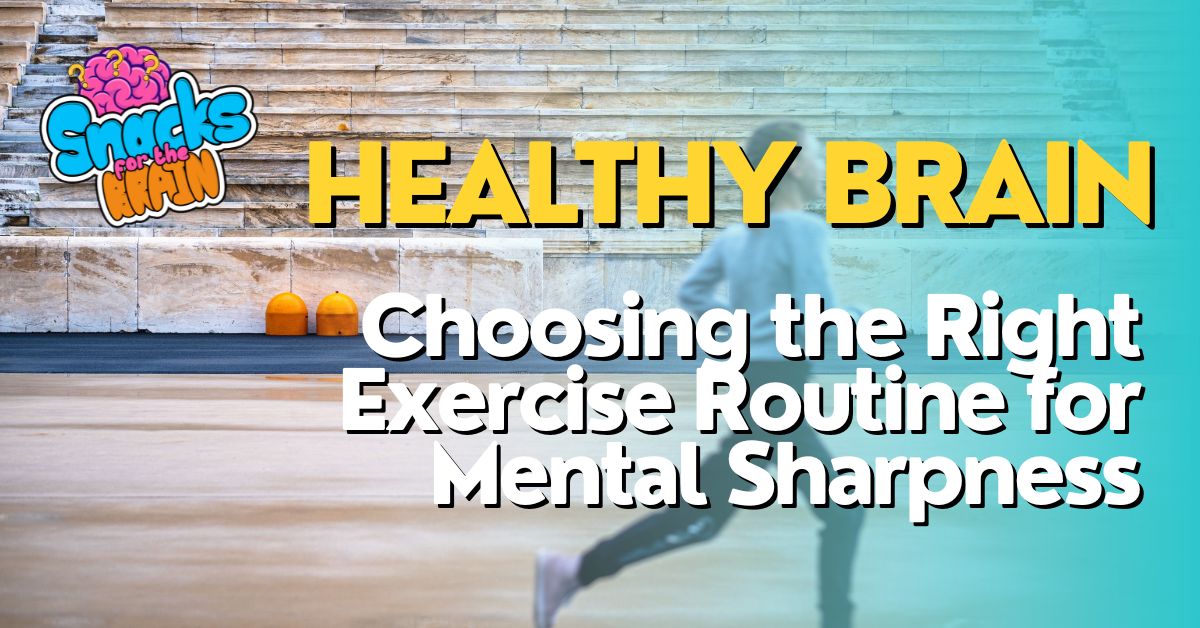The ketogenic diet, or keto diet for short, is a low-carb, high-fat diet that has gained popularity in recent years for its potential health benefits. While it was originally developed as a treatment for epilepsy in the 1920s, research has shown that the ketogenic diet may also have positive effects on brain health. In this article, we will explore how the ketogenic diet affects brain function, the benefits it can provide for brain health, as well as the potential risks and side effects.
Key Takeaways
- The ketogenic diet is a high-fat, low-carbohydrate diet that has been shown to benefit brain health.
- The diet can improve brain function by increasing the production of ketones, which provide an alternative energy source for the brain.
- Benefits of the ketogenic diet for brain health include improved cognitive function, reduced inflammation, and protection against neurodegenerative diseases.
- Risks and side effects of the ketogenic diet include the potential for nutrient deficiencies, constipation, and the «keto flu.»
- The ketogenic diet may be beneficial for individuals with neurological disorders such as epilepsy, Alzheimer’s disease, and Parkinson’s disease.
How the Ketogenic Diet Affects Brain Function
The ketogenic diet works by changing the brain’s primary source of energy. Normally, the brain relies on glucose, which is derived from carbohydrates, as its main fuel source. However, when carbohydrate intake is restricted, the body enters a state of ketosis, where it begins to burn fat for fuel instead. This leads to the production of ketones, which are molecules that can cross the blood-brain barrier and provide an alternative energy source for the brain.
This shift in energy metabolism has been shown to have several effects on brain function. Firstly, ketones are a more efficient source of energy compared to glucose. They produce fewer reactive oxygen species (ROS), which are harmful byproducts of energy production that can damage cells and contribute to neurodegenerative diseases. Additionally, ketones have been shown to increase mitochondrial biogenesis and improve mitochondrial function in the brain. Mitochondria are responsible for producing energy within cells and play a crucial role in maintaining brain health.
The Benefits of the Ketogenic Diet for Brain Health
The ketogenic diet has been associated with several benefits for brain health. One of the most well-known benefits is its potential to reduce seizures in individuals with epilepsy. In fact, the ketogenic diet is still used as a treatment for drug-resistant epilepsy in both children and adults. Research has shown that the diet can significantly reduce the frequency and severity of seizures, and in some cases, even lead to complete seizure control.
In addition to epilepsy, the ketogenic diet has also been studied for its potential benefits in other neurological disorders such as Alzheimer’s disease, Parkinson’s disease, and traumatic brain injury. Studies have shown that the diet may help improve cognitive function, reduce inflammation, and protect against neuronal damage in these conditions. However, more research is needed to fully understand the mechanisms behind these effects and determine the optimal dietary approach for each specific condition.
The Risks and Side Effects of the Ketogenic Diet
While the ketogenic diet can have numerous benefits for brain health, it is important to be aware of the potential risks and side effects associated with this dietary approach. One of the most common side effects is the «keto flu,» which refers to a collection of symptoms that can occur during the initial transition to a ketogenic diet. These symptoms may include fatigue, headache, dizziness, nausea, and irritability. However, they are usually temporary and can be alleviated by staying hydrated, increasing salt intake, and gradually reducing carbohydrate intake.
Another potential risk of the ketogenic diet is nutrient deficiencies. Since the diet restricts many food groups that are rich in essential nutrients, it is important to ensure that you are getting an adequate intake of vitamins and minerals. This can be achieved by consuming a variety of nutrient-dense foods such as leafy greens, nuts and seeds, avocados, and fatty fish. Additionally, it may be necessary to supplement with certain nutrients such as magnesium, potassium, and vitamin D to prevent deficiencies.
Who Should Consider the Ketogenic Diet for Brain Health?
The ketogenic diet may be beneficial for individuals who are looking to improve their brain health or manage certain neurological conditions. It is important to note that while the diet has shown promise in research studies, it may not be suitable for everyone. It is always recommended to consult with a healthcare professional before making any significant changes to your diet, especially if you have any underlying health conditions or are taking medications.
Specific conditions that may benefit from the ketogenic diet include epilepsy, Alzheimer’s disease, Parkinson’s disease, traumatic brain injury, and certain types of brain tumors. However, it is important to note that the optimal dietary approach may vary depending on the individual and their specific condition. Therefore, it is crucial to work with a healthcare professional or registered dietitian who can provide personalized guidance and support.
How to Follow the Ketogenic Diet Safely for Optimal Brain Health

If you decide to try the ketogenic diet for brain health, it is important to do so safely and effectively. Here are some tips to help you get started:
1. Gradually reduce carbohydrate intake: Instead of drastically cutting out all carbohydrates at once, it is recommended to gradually reduce your carbohydrate intake over a period of time. This can help minimize the symptoms of the «keto flu» and make the transition easier.
2. Focus on healthy fats: While the ketogenic diet is high in fat, it is important to choose healthy sources of fat such as avocados, nuts and seeds, olive oil, and fatty fish. Avoid unhealthy fats such as trans fats and limit your intake of saturated fats.
3. Include a variety of non-starchy vegetables: Non-starchy vegetables are low in carbohydrates and high in fiber, vitamins, and minerals. They should make up a significant portion of your plate on the ketogenic diet.
4. Stay hydrated: When following a ketogenic diet, your body excretes more water and electrolytes due to the reduction in carbohydrate intake. It is important to drink plenty of water and consider supplementing with electrolytes such as sodium, potassium, and magnesium.
5. Monitor ketone levels: To ensure that you are in a state of ketosis, you can monitor your ketone levels using urine strips, blood ketone meters, or breath analyzers. This can help you determine if you are following the diet correctly and achieving the desired metabolic state.
The Role of Ketones in Brain Health and Function
Ketones play a crucial role in brain health and function. As mentioned earlier, they serve as an alternative energy source for the brain when glucose availability is limited. This is particularly important during periods of fasting or prolonged exercise when glucose levels may be low.
In addition to providing energy, ketones also have other beneficial effects on the brain. They have been shown to reduce oxidative stress and inflammation, which are both implicated in neurodegenerative diseases such as Alzheimer’s and Parkinson’s. Ketones also promote the production of brain-derived neurotrophic factor (BDNF), a protein that supports the growth and survival of neurons.
The Connection Between the Ketogenic Diet and Neurological Disorders
There is growing evidence to suggest that the ketogenic diet may have therapeutic potential for various neurological disorders. For example, studies have shown that the diet can improve cognitive function and memory in individuals with Alzheimer’s disease. It has also been shown to reduce motor symptoms and improve quality of life in individuals with Parkinson’s disease.
Furthermore, research has shown that the ketogenic diet may have neuroprotective effects in traumatic brain injury (TBI). Animal studies have demonstrated that the diet can reduce brain edema, improve cognitive function, and enhance recovery following TBI. Similar findings have been observed in human studies, although more research is needed to confirm these results.
Debunking Common Myths About the Ketogenic Diet and Brain Health
There are several common myths surrounding the ketogenic diet and its effects on brain health. One of the most prevalent myths is that the brain needs carbohydrates to function optimally. While it is true that glucose is the brain’s preferred fuel source, the brain is capable of using ketones as an alternative energy source when glucose availability is limited.
Another myth is that the ketogenic diet is only beneficial for individuals with epilepsy. While the diet was originally developed as a treatment for epilepsy, research has shown that it may have potential benefits for other neurological conditions as well. However, it is important to note that the optimal dietary approach may vary depending on the individual and their specific condition.
Is the Ketogenic Diet Right for Your Brain Health?
In conclusion, the ketogenic diet has shown promise in improving brain health and function. It works by changing the brain’s primary source of energy from glucose to ketones, which can provide numerous benefits such as improved cognitive function, reduced inflammation, and neuroprotection.
However, it is important to consider the potential risks and side effects of the diet before making any significant changes to your eating habits. It is also recommended to work with a healthcare professional or registered dietitian who can provide personalized guidance and support.
Ultimately, whether or not the ketogenic diet is right for your brain health depends on your individual goals, preferences, and health status. It may be worth considering if you have a neurological condition such as epilepsy, Alzheimer’s disease, or Parkinson’s disease, or if you are looking to improve your cognitive function and overall brain health.
If you’re interested in improving your memory and brain health, you may also find this article on «13 Consejos y Trucos para Memorizar más Rápido y Recordar lo Aprendido» (13 Tips and Tricks to Memorize Faster and Remember What You’ve Learned) helpful. It provides practical advice and techniques to enhance your memory retention and recall abilities. Check it out for more insights on optimizing your cognitive function.
FAQs
What is a ketogenic diet?
A ketogenic diet is a high-fat, low-carbohydrate diet that forces the body to burn fats instead of carbohydrates for energy. This process is called ketosis.
How does a ketogenic diet affect brain health?
A ketogenic diet has been shown to improve brain function and protect against neurological diseases such as Alzheimer’s and Parkinson’s disease. It may also improve symptoms of epilepsy and migraines.
What are the potential benefits of a ketogenic diet?
Some potential benefits of a ketogenic diet include weight loss, improved blood sugar control, increased energy levels, and improved mental clarity.
What are the potential drawbacks of a ketogenic diet?
Some potential drawbacks of a ketogenic diet include nutrient deficiencies, constipation, bad breath, and the «keto flu» which can cause fatigue, headaches, and irritability.
Is a ketogenic diet safe?
A ketogenic diet can be safe for most people, but it may not be appropriate for everyone. It is important to consult with a healthcare professional before starting a ketogenic diet, especially if you have any underlying health conditions.
What foods are allowed on a ketogenic diet?
Foods that are allowed on a ketogenic diet include high-fat foods such as meat, fish, eggs, dairy, nuts, and healthy oils. Carbohydrate-rich foods such as bread, pasta, and sugar are restricted.
How long does it take to see results on a ketogenic diet?
It can take several weeks to see results on a ketogenic diet, including weight loss and improved mental clarity. However, individual results may vary.






